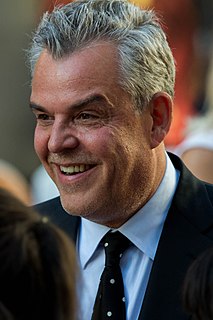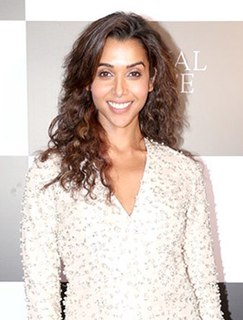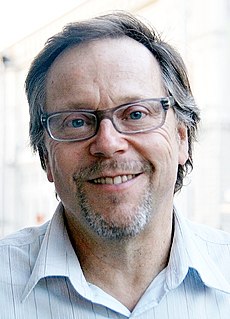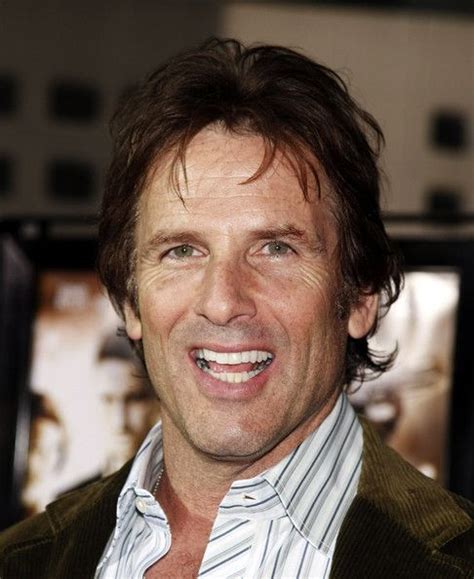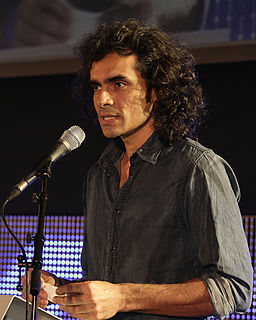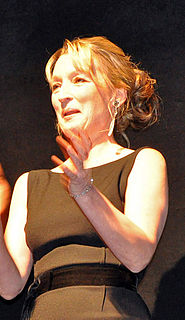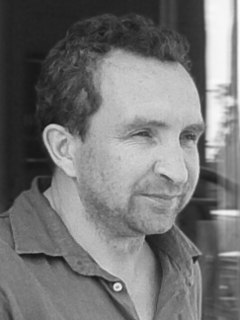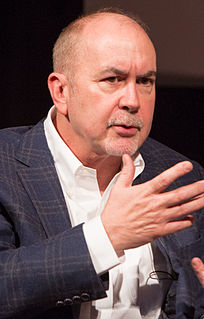A Quote by Haskell Wexler
There is a very particular feeling I get when I have the camera in my hand, looking at an actor talk, knowing that what I’m shooting will end up on the screen.
Related Quotes
The truth is, an actor's performance is the result of work by a lot more people than just the actor. When you see that character portrayed up on screen, there is the work certainly of the actor, but there's the work of the editor, there's the work of what the camera was doing. What the music was doing, all of the above.
Film, television, and working with a camera is such an intimate art form that if a camera is right on you, and I've got your face filling the screen, you have to be real. If you do anything that is fake, you're not going to get away with it, because the camera is right there, and the story is being told in a very real way.
Certainly as an actor, half of your work is not going to end up on the screen anyway, because in the editorial process, they need to cut to the other actor in the scene. Very often, your best work ends up on the cutting room floor, because it just doesn't work with the overall narrative drive of the story.
Stage is the ultimate test; I like watching established screen actors on stage to see if they can really do it. But it's great to have a healthy mixture of the two. Film is so technical: there's something very particular about the relationship between you and the camera. It took a long time for me to get good on film.
Every industry has standards. For example, the motion picture camera, there are 2 or 3 film formats with a number of brackets and number of speed, a shooting speed that is standard. If we didn't have that, then some motion pictures will play back too slowly, and people would talk very slowly, and it will be bizarre.



